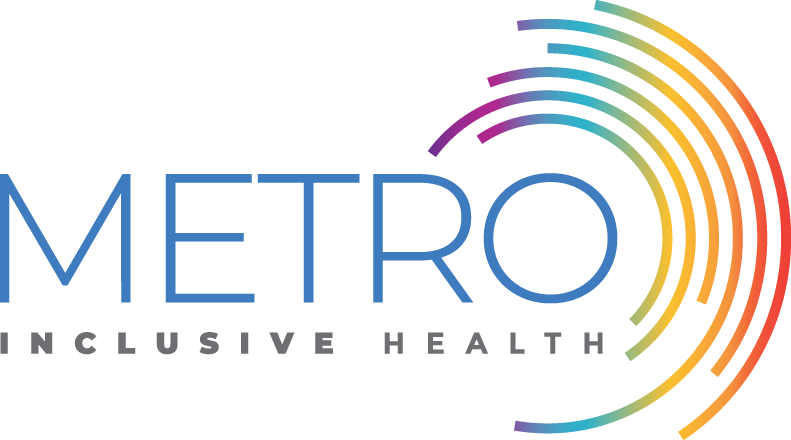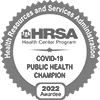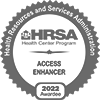National Women’s Health Week highlights the significant health disparities faced by women — however, as we boost this message, it’s easy to see that information on women’s health is not always inclusive.
Information and research under the category of women’s health is almost entirely centered on the health of cisgender women, and may ignore the needs and experiences of trans women and those assigned female at birth (AFAB) who aren’t women. With that in mind, what does inclusive women’s healthcare look like?
Women’s Health for Trans Women
Navigating the healthcare system can be difficult as-is, but the barriers increase when healthcare systems are not prepared to serve their trans clients. When it comes to women’s health, providers may make assumptions about the bodies and experiences of their patients, which frequently exclude transgender women.
Healthcare for trans women is a necessity. It is not elective. It is not cosmetic. It is life saving.
Laverne Cox
Transgender women look for (and need) gender-affirming healthcare. This means not only finding a provider that respects and affirms their gender identity, but also accounts for the specific needs of trans clients. Trans clients who undergo physical and social transitions may seek services like: hormone replacement therapy (HRT), surgical procedures, hair removal, counseling, and more.
It’s important for a provider to be able to navigate conversations about trans clients’ health in a respectful and informed manner, in order to provide more personalized care.
On the opposite end of this issue, it’s also common for providers to focus too much on a trans patient’s gender identity during appointments where those factors aren’t relevant. This can mean the patient’s health concerns go unaddressed.
Creating inclusive healthcare environments and expanding our concept of women’s health is important, because it’s already difficult for transgender women to access the care they need.
According to the 2015 National Transgender Discrimination Survey, 54% of transgender women were denied coverage for gender-affirming surgery and 18% were denied hormone treatment. Additionally, 22% of transgender women avoided care for fear of mistreatment by a health care provider.


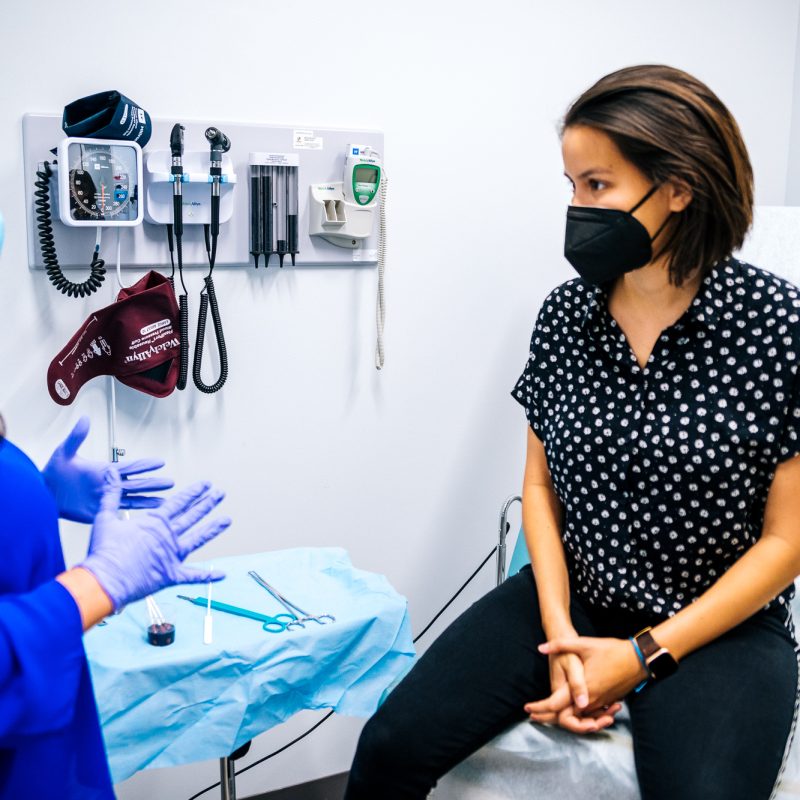
Gynecological Health for AFAB People
One aspect of what’s typically considered “women’s health” is gynecology. The problem with considering gynecology solely a women’s issue is that transgender men, non-binary people who were assigned female at birth (AFAB), and some intersex people may need these services as well.
In healthcare settings, non-binary people who were assigned female at birth may often be treated as though they are cisgender women, especially if their gender presentation is feminine.
Because of the way that I present, and the way that most people assume gender, I am often assumed to be a woman. A lot of the things that come up in conversations about women’s health, a lot of them relate to me — but not all of them do. I find that a lot of it is important to me, but sometimes feels unappealing to approach when it’s labeled as women’s health.
Margot Ash, METRO LGBTQ+ Programs Specialist
Transgender men, as well, may still have to go to a “women’s health” provider for gynecological needs. Much like transgender women, transgender men often struggle to find providers they feel comfortable with. As well, there is limited information, resources, and research on personal care for transgender men, which makes navigating their health even harder.
Improving Inclusivity in the Medical Field
Here are three simple things that a provider can do to become more inclusive:
Educate Yourself on Transgender Issues to Inform Your Practice
To become a medical professional, you have to go through a great deal of schooling. With that being said, some best practices for your field — like care for trans patients — may have evolved over time. You have many educational tools at your fingertips, and there may be continuing education courses to help you provide more inclusive care.
Become More Culturally Competent
As primary care and specialty providers, our role is to help every person who is seeking care. By extension, we should focus on the needs, concerns, and overall state of health of our patients — regardless of gender.
Use Inclusive Language and Terminology
Finally, a change in language can also help make a client’s care experience more inclusive. Gender is a spectrum, and what we refer to as “women’s health” affects of spectrum of identities that aren’t necessarily cisgender women. Simply referring to specific services or types of care (i.e. gynecological care instead of women’s health) and moving away from generalizations based on gender, can make a world of difference. It can open the door for people to feel more comfortable seeking the care they need.
Not sure where to start? Here are some ABCs of LGBTQ+ terminology a gender-inclusive guide for gynecologists.
Inclusive Healthcare in Tampa Bay
Metro Inclusive Health has been serving the needs of the LGBTQ+ community for over 30 years in the Tampa Bay area. This has not only allowed us the time to truly gain the knowledge and competency to help our transgender and non-binary clients, but it’s allowed us to create more inclusive care for everyone; transgender, cisgender, or otherwise.
METRO fosters a welcoming environment where your concerns are heard, and your healthcare needs are fully addressed. From trans care to primary care to behavioral health and beyond, we are here for you and every person who walks through our doors.
To experience the METRO difference, give us a call at 727-321-3854 and schedule an appointment with us today.
